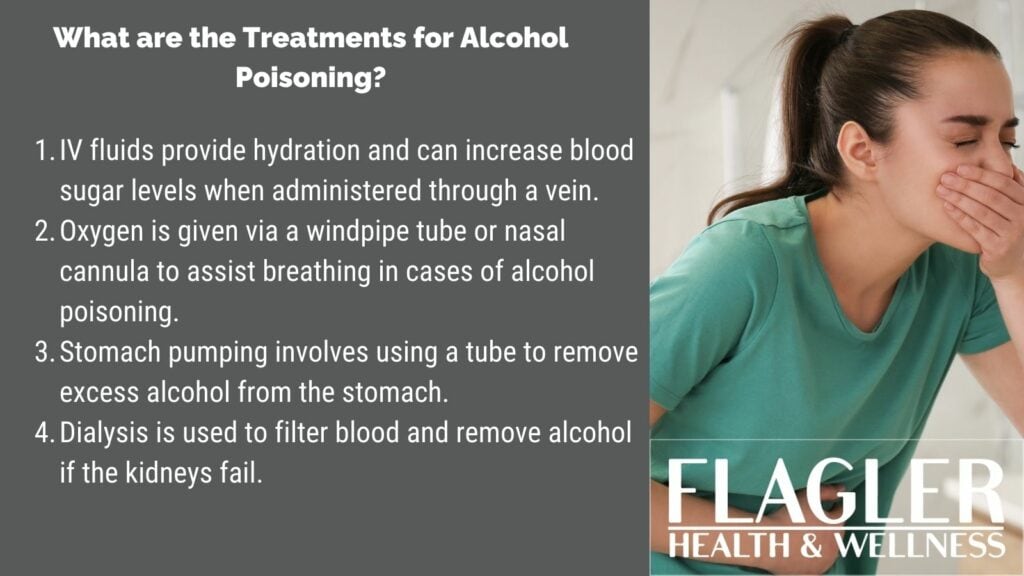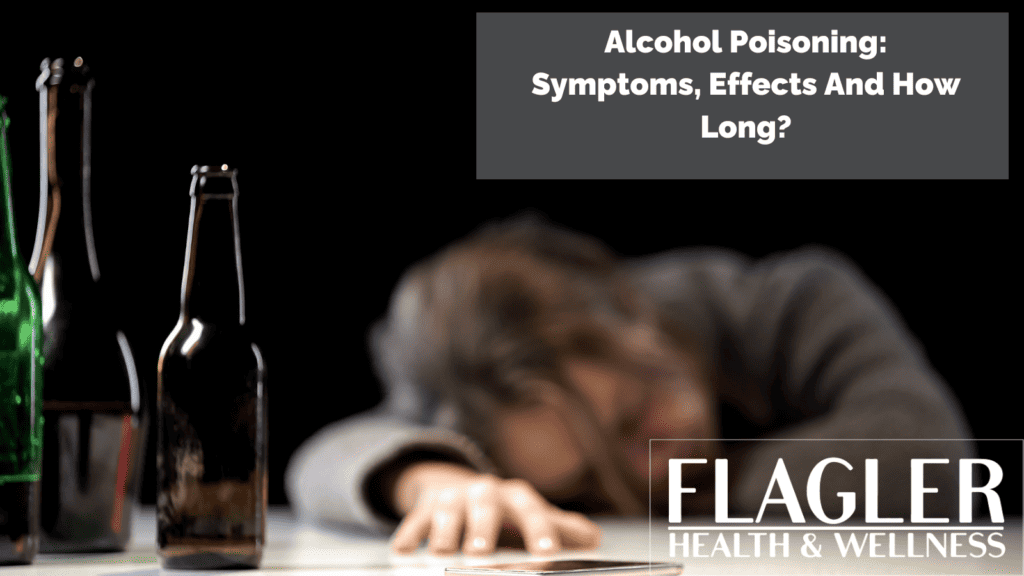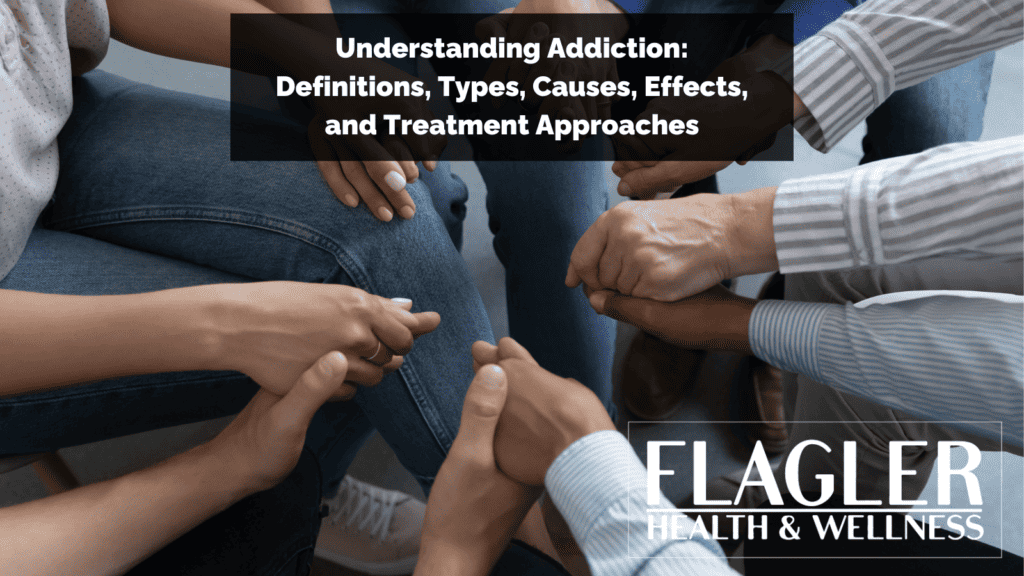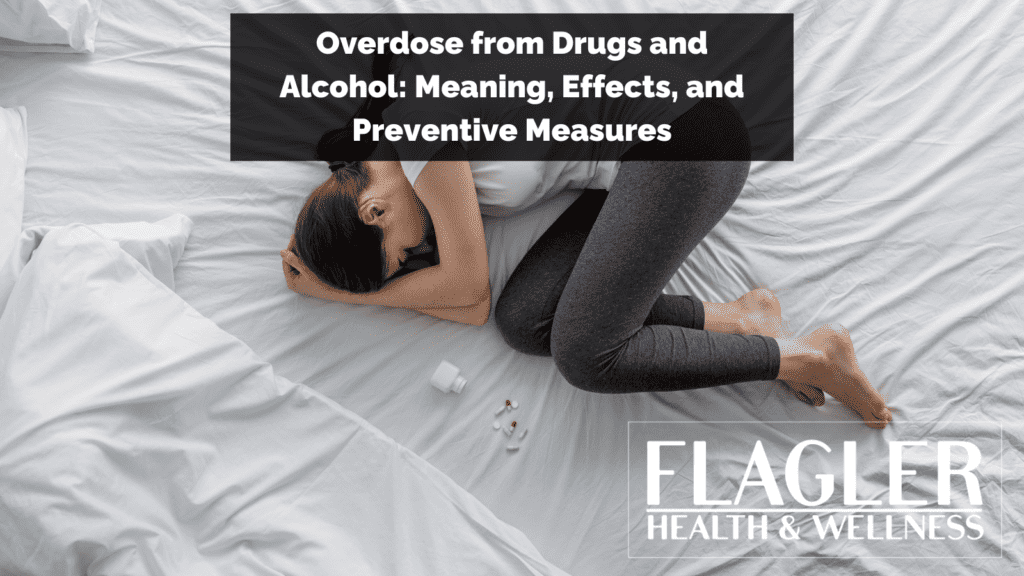According to the National Institute on Alcohol Abuse and Alcoholism, alcohol poisoning is a serious condition that occurs when there is an excessive amount of alcohol in the bloodstream. This overconsumption can cause the areas of the brain that control essential life-supporting functions such as breathing, heart rate, and body temperature to shut down.
Symptoms of alcohol poisoning include confusion, difficulty staying conscious, vomiting, seizures, breathing difficulties, slow heart rate, clammy skin, dulled responses such as a lack of gag reflex, which prevents choking, and extremely low body temperature. Alcohol poisoning can also lead to permanent brain damage or even death.
The cause of alcohol poisoning is not just excessive drinking. Different factors like how fast you drink, your ability to handle alcohol, and the type of alcohol you consume can also put you at risk. Additionally, combining alcohol with other substances or medications can make things worse. It’s important to understand all the different causes of alcohol poisoning to prevent it and manage it effectively.
The effects of alcohol poisoning are not just about feeling sick or dizzy at the moment – alcohol poisoning can lead to long-term damage to your organs, make it harder to think clearly, and even cause mental health problems down the line. That’s why it’s important to drink responsibly, not just to avoid feeling sick, but to take care of your overall health and well-being.
The risks of alcohol poisoning are heightened when combining alcohol use with opioids or sedative hypnotics, such as anti-anxiety and sleep medications. Medications like zolpidem, eszopiclone, diazepam, and alprazolam can significantly elevate this risk. Additionally, consuming alcohol alongside over-the-counter antihistamines poses a potential danger.
It is extremely dangerous to mix alcohol with opioid pain relievers like oxycodone and morphine, as well as with illicit opioids such as heroin. Both alcohol and these drugs have the ability to suppress the areas in the brain that control essential functions like breathing. When taken together, the effects of these substances become even more intense and could lead to an overdose, even with moderate alcohol consumption.
It’s difficult to determine when drinking reaches a dangerous level, as it varies from person to person. Age, tolerance, gender, drinking speed, medication, and food intake can all play a role in tipping the balance from mild impairment to life-threatening consequences.
How Long Does Alcohol Poisoning Last?
Alcohol poisoning can have lasting effects for more than 48 hours, especially if you have consumed a lot of alcohol. The more alcohol you drink, the higher the chances of needing medical attention.
The onset of intoxication can be triggered by drinking more than one alcoholic beverage per hour, and the duration of alcohol poisoning depends on several factors. As your alcohol intake increases, so does the risk of alcohol poisoning.
The duration of alcohol poisoning can be influenced by various factors such as age, weight, sex, metabolism, the quantity of alcohol consumed, eating habits, concurrent medication, and individual tolerance to alcohol.
Alcohol affects people differently, depending on their tolerance level. For example, individuals with lower alcohol tolerance may experience symptoms for a longer time, compared to those with higher tolerance levels. The duration of alcohol poisoning can last several hours, depending on the quantity consumed. Women tend to have higher blood alcohol levels than men after consuming the same amount. This makes them more vulnerable to intoxication and potentially experiencing alcohol poisoning even at a lower dose.
Who Is At Risk Of Alcohol Poisoning?
Individuals at risk of alcohol poisoning include those who consume excessive amounts of alcohol rapidly, particularly those engaging in binge drinking or high-intensity drinking. According to the National Institute on Alcohol Abuse and Alcoholism, binge drinking is when a person drinks enough alcohol to raise their blood alcohol concentration (BAC) to 0.08% or higher.
When an individual consumes four or more drinks (if female) or five or more drinks (if male) within a two-hour period, they are likely to experience the effects of alcohol, which is referred to as binge drinking. However, when an individual drinks more than twice the amount of alcohol that would be considered binge drinking for their gender, it is known as high-intensity drinking.
As per the National Center for Drug Abuse Statistics, 2,200 people suffer from alcohol poisoning each year, resulting in a daily average of six deaths due to this condition. Notably, 76% of these fatalities are men, with a significant majority falling in the age range of 35 to 64.
Based on the information provided by the aforementioned source, teenagers and young adults who consume alcohol are at a higher risk of alcohol overdose. Studies show that young adults in college and teens often indulge in binge and high-intensity drinking which can overwhelm the body’s ability to break down and clear alcohol from the bloodstream. This results in a rapid increase in blood alcohol content (BAC) and significantly impairs the body’s functions, including the brain.
What are the effects Of Alcohol Poisoning
On the short term, excessive alcohol consumption can result in alcohol toxicity or poisoning, which is a hazardous condition. Since alcohol is a depressant, it can cause breathing to slow down, leading to a shortage of oxygen supply to the brain.
Signs and symptoms include:
- Confusion.
- Vomiting.
- Seizures.
- Slow breathing.
- Blue tint to the skin.
- Low body temperature.
- Loss of consciousness.
- Coma.
If a person’s blood alcohol concentration exceeds 0.4, there is a 50% chance of fatality.
The University of West Virginia suggests that an individual may experience the following, depending on personal factors:
| Number of drinks | BAC | Effect |
| 1-2 | Up to 0.05 | The person feels relaxed, their inhibitions are lowered, and they may react more slowly and be less alert. |
| 3-4 | 0.05 to 0.10 | The ability to perform precise movements, respond quickly, and make sound decisions is diminished. |
| 5-7 | 0.10-0.15 | Vision, perception, reaction times, and judgment can be impaired, leading to argumentativeness and emotional irrationality. |
| 8-10 | 0.15-0.30 | The person may experience difficulty walking, slurred speech, blurred vision, and impaired motor skills. Additionally, they may feel nauseous or vomit. |
| Over 10 | 0.30 and above | The person may lose consciousness or have altered consciousness. Breathing may be slow. |
Symptoms of Alcohol Intolerance
Some individuals may experience immediate discomfort after consuming alcohol due to intolerance, insensitivity, or allergy to alcohol or specific ingredients in drinks. It is crucial to recognize the symptoms, which may include:
- Facial flushing.
- Nausea and vomiting.
- Worsening of asthma.
- Diarrhea.
- Low blood pressure.
Sudden alcohol intolerance could signal underlying health issues, such as Hodgkin lymphoma. Seeking medical advice is advisable to rule out any potential medical conditions.
It is extremely dangerous to combine alcohol with any depressant-type medication, whether it is purchased over the counter, prescribed by a doctor, or taken recreationally. Such combinations can have severe effects on both the respiratory and central nervous systems. The danger is particularly high when alcohol is mixed with drugs like GHB, Rohypnol, ketamine, tranquilizers, or sleeping pills. It is crucial to exercise extreme caution to prevent any adverse consequences on health.
Symptoms of a Hangover
Excessive drinking can lead to a “hangover”, which is a prolonged impact of alcohol on the body. The body tries to eliminate the toxic substance, causing various symptoms that can last for hours or even days. Although dehydration is a common cause of hangover symptoms, certain chemicals in alcoholic drinks can worsen the effects by affecting the blood vessels and the brain. Some common hangover symptoms are:
- Headaches.
- Diarrhea.
- Nausea.
- Fatigue.
- Racing heart.
- Dry mouth and eyes.
- Difficulty concentrating.
- Restlessness.
When we consume alcohol, around 20 percent of it is absorbed by our stomachs, while the remaining 80 percent is absorbed by the small intestine. The body eliminates approximately 5 percent of the alcohol through the kidneys, skin, and lungs. The liver is responsible for processing the remaining alcohol in our body. It can only metabolize one drink at a time, so if we consume more than that, our body may retain the excess alcohol, which can extend the duration of its effects.
Alcohol metabolism differs from person to person. It takes about 2 to 3 hours for the body to process one to two drinks, while eight to ten drinks may take up to 24 hours to be processed. As a result, a hangover can last for as long as 24 hours. Medical professionals advise refraining from drinking alcohol within 48 hours after heavy drinking, allowing sufficient time for the body to recover.
Long-Term Effects of Alcohol Poisoning
Alcohol can lead to more than 200 health problems, including addiction, liver disease, cancer, and unintentional injuries such as falls, burns, assaults, and drowning.
Chronic alcohol abuse can lead to various health issues, such as:
- Liver disease.
- Pancreatitis.
- Cardiomyopathy, or damage to the heart muscle.
- Other cardiovascular problems.
- Peripheral neuropathy.
- Stomach ulcers.
- Cancer.
- Immune system dysfunction.
- Osteoporosis.
- Brain and nerve damage.
- Vitamin deficiencies.
- Mental health problems such as anxiety and depression.
Alcohol can cause health issues in every system of the body. Studies indicate that women who consume more alcohol than the recommended amount on a regular basis tend to develop liver disease, cardiomyopathy, and nerve damage earlier than men who do the same.
Research suggests that 20 percent of college students meet the criteria for alcohol use disorder (AUD) and the condition affects 623,000 adolescents aged 12 to 17 years.
Consuming alcohol during pregnancy can seriously affect the developing brain, from fetal development to the end of adolescence. If a woman drinks alcohol during pregnancy, her child may be born with fetal alcohol syndrome (FAS). As per the data from 2015, it was estimated that between 2 and 7 newborns in every 1,000 were affected by FAS.

What are the Treatments for Alcohol Poisoning?
If someone is experiencing alcohol poisoning, they require immediate life-saving treatment. In a medical setting, healthcare professionals will administer:
- IV fluids: To help someone who is dehydrated, healthcare professionals often give fluids through a tube inserted into a vein. These fluids can also affect blood sugar levels by increasing them.
- Oxygen: With alcohol poisoning, people have trouble breathing, and in those cases, healthcare providers can help by giving them oxygen. This can be done by putting a small tube into the windpipe, or by using a flexible tube that clips onto the nose called a nasal cannula.
- Stomach pumping: Healthcare providers can use a tube to remove high levels of alcohol from the stomach. This is called stomach pumping.
- Blood filtration: If the kidneys fail to filter the blood and remove alcohol from the body, doctors may use a process called dialysis to do the job.
What’s The Link Between Alcohol Poisoning and Addiction?
Alcohol dependence and alcoholism have a profound impact on mortality rates, as per the National Center for Drug Abuse Statistics. Shockingly, 30% of deaths caused by alcohol poisoning can be directly linked to alcohol dependence or alcoholism.
This statistic highlights the urgent need for awareness, prevention, and intervention strategies to tackle the challenges associated with alcohol use disorders. Understanding the correlation between alcohol dependence and fatalities due to alcohol poisoning emphasizes the importance of creating a supportive environment for those grappling with alcohol-related issues and implementing effective measures to mitigate the risks associated with excessive alcohol consumption.
Consistent consumption of large amounts of alcohol can lead to an increase in tolerance, requiring more alcohol to achieve the desired effects. This adaptation of the body to the drug’s presence can result in dependency and addiction. Abrupt cessation of alcohol intake may trigger withdrawal symptoms, which are indicative of alcohol addiction – a condition characterized by an intense craving for alcohol and continued use despite adverse effects on health, relationships, and work capabilities.
Withdrawal symptoms usually appear between 4 and 72 hours after the last drink, peaking around 48 hours and lasting up to 5 days, and include:
- Mild tremors.
- Insomnia.
- Anxiety.
- Depressed mood.
To manage withdrawal symptoms, some individuals may increase alcohol intake, which can lead to Delirium tremens (DTs) in severe cases. Symptoms include:
- Body tremors (shaking).
- Hallucinations or changes in mental status.
- Confusion.
- Extreme sleepiness.
- Seizures with the potential for fatal outcomes.
Delirium tremens is a medical emergency, highlighting the importance of seeking professional medical care or a specialized treatment center for safe alcohol detoxification.
Alcohol Addiction Treatment Programs in West Palm Beach FL
Embark on a life-changing journey with Flagler Health and Wellness Center, where we offer exceptional treatment for alcohol addiction. Our newly renovated center is designed to provide a warm and inviting atmosphere, where you can receive specialized addiction medicine and evidence-based therapies.
We offer customized programs that cater to each individual’s needs, including medical detox and inpatient rehab, to ensure a healthy body and mind, and long-lasting recovery. With our dedicated staff, compassionate care, and commitment to guiding you toward a healthier and happier future, you can rest assured that you’re in good hands. Choose Flagler Health and Wellness Center to start your path to a renewed and addiction-free life.
Share This Post







